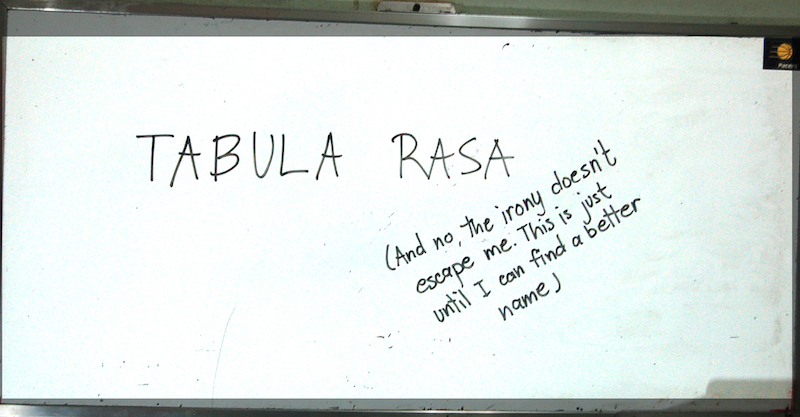How to Start Talking About Sex With Your Children (Part 5)

If you’ve taken up the suggestions in this series then you’re actually talking to your children about sex. At this point of the conversation some people are getting more than what they ever wanted. In hindsight, perhaps those of us who are growing uncomfortable with the reality of our children’s sexuality had hoped to have less of a conversation and, to be honest, more of a lecture.
We had imagined that we would impart our values, morals and ethics onto the tabula rasa of our children’s sexless minds.
But neither our children nor their minds were ever sexless. We are all born with enough software imprinted on our brains that clearly, we were born as sexual creatures. Even the newborn has sexual needs: for example, the need for sexual safety. Once we say this aloud it seems so obvious — even my baby has a need for sexual safety. But that’s not what we were thinking; we were thinking about gratification and we rejected that idea out of hand because of its prurient nature and our belief that sexual innocence cannot coexist with sexual desire.
But rare indeed is the young child who doesn’t use the Internet. Of those who do, the overwhelming majority of boys and girls find a way to look up search terms like “sex” and “porn.” You can imagine what they see. Perhaps you wring your hands and wish for a simpler time. But the reality of our age is that if we do not teach our children some anonymous someone will. The key here is giving up worrying about controlling that which we never could control and then to focus on what we can.
We can teach our children about sexuality but the more important lesson is teaching them to actually think about sexuality. We cannot control what they think but, if we have anything worth saying on the matter, we can encourage them to think. We can do this in the same way that Twelve Step groups like AA try to: “Ours is a program based on attraction rather than promotion.”

This means that if we have anything attractive or wonderful about the way we see sexuality then our children will see that and be attracted accordingly. Telling them what is right, good, and proper is more like promoting and if we are not actually living a joyful fulfilling version of our own sexuality then our children are far more likely to be attracted to something else.